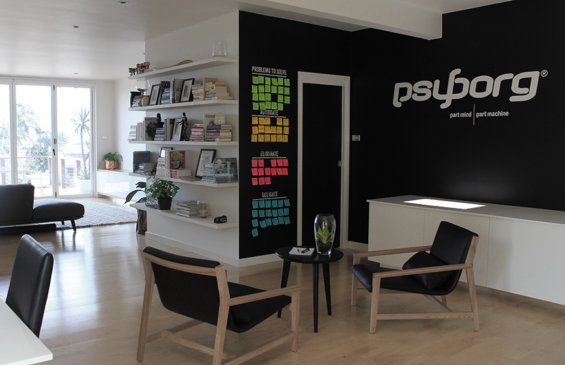We have all heard the saying failing to plan is planning to fail.......so why are there still so many small businesses in Australia without a plan? And out of the ones who have prepared a full business plan how many are actually reviewing and monitoring that plan on a regular basis?
Planning is hugely important. But even more important is the ACTION you take to drive the plan forward and then monitoring and reviewing your progress. But traditional business plans don't tend to focus on the ACTION and review. They become a lengthy document that for most business owners end up in the bottom draw and never looked at until it's time for the next planning session. They are formed based on assumptions of the owners and rarely tested and changed. I've seen people blindly stick to the plan even though it's obvious the direction the business is headed in is doomed! I've asked many business owners over the years why they don't have a plan they are following and the standard responses are always that they are too hard to do, or they don't know where to start.
So WHY is planning still so important?
Planning is great but the review process is where your business can really start to thrive. Each year at Growthwise we take some time (normally 2 days) to brainstorm and make plans for the year ahead. We do this twice a year - once in January and once in June/July. It's great to brainstorm all the ideas we have on how we can improve things, what we want to do differently, what additional services we can provide, who we really want to work with etc. We review in detail our budget for the coming 12 months, make changes accordingly, set out KPI's and review our performance. Now that part tends to take a couple of hours....and it's certainly not the important part of the planning session. That comes next.
Once the more formal side of the process is complete we take out the sticky notes and start brainstorming. We break things down into sections:
- Problems to Solve
- What we want to Eliminate
- What we want to Automate
- What we want to Delegate
- What we want to Learn
These are our minimum sections then we add others depending on the themes we are looking at for this 6 months.
What these sections do is focus our concentration on what we want to change and improve in the business. We use this time not to actually SOLVE all the problems but to just get things on the list.
Here is a quick snap shot of this years planning session:

We use Sticky Notes so we can move them around. We can then have our Priority list and the exciting done list! We then review the list each week and pick something to work on. The focus is then always working *on* the business and always looking for ways to improve.
The Sticky notes work well as they are a visual reminder each day what we are working on.
So go on give this a try and see what you come up with. I guarantee as a planning tool it will be much easier to focus on and use than a 30 page business plan document.
P.S we often help clients with these brainstorming sessions so if you are having trouble, need a facilitator or just some ideas let us know :)



